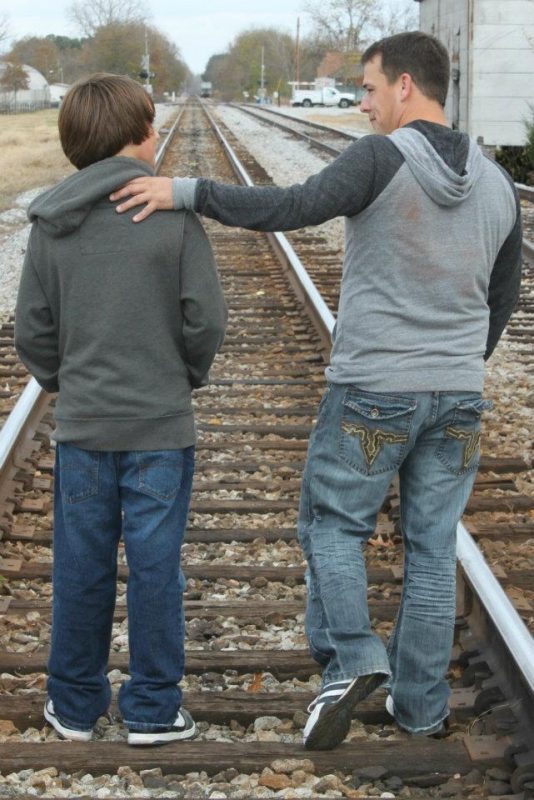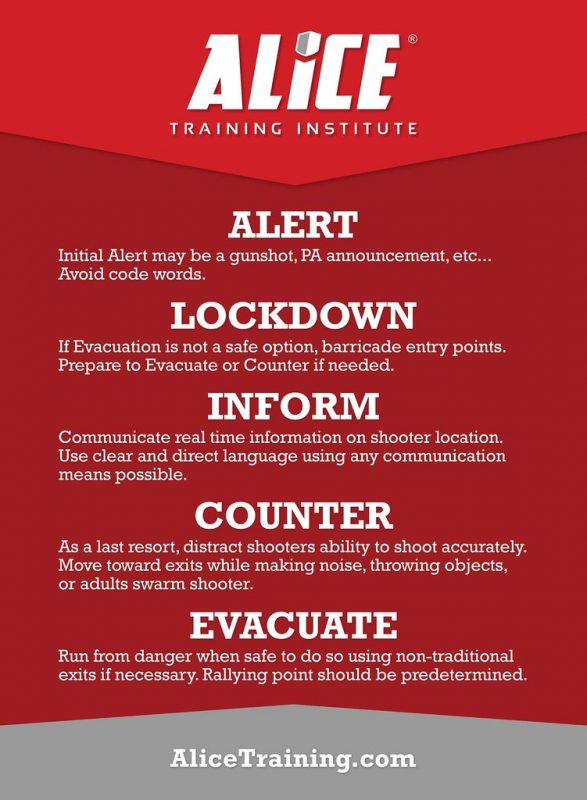By Savannah Owens
As we deal with having 17 instances* of gun violence in and around schools in 2018, the important things to focus on are how to change our country to prevent this from happening again, and how to talk to our children so that your entire family can be prepared.

Many Psychological Experts agree it’s important to have these conversations with your children. The conversation will be different depending on age and maturity level of the child, but as a general rule of thumb ask your kid questions to find out what they know and let them drive the conversation. If they have questions, try to answer them honestly. Don’t feel the need to over share information to elementary or pre-school aged kids. They may have not heard anything about it, and that’s okay too. For a break-down of age appropriate guidelines click here.
Dr. Robin Gurwitch, a psychologist and professor at Duke University Medical Center, told ABC News “that is really important to check back in tomorrow, to check back in the next day, to find out what are your friends talking about related to this school shooting,” Gurwitch said. “When there is a tragedy … a one-and-done conversation is not sufficient. Let your child or teenager know that ‘I really do care about you and I am open to having this discussion.’”
Keep in mind, it is also beneficial to designate a time whether its daily or weekly, to sit down without electronics and talk one-on-one with your kids about the school shootings, current events, or other topics that are on your child’s mind. It’s important to open up these communication lines so that your child knows they have someone to trust and talk with if they need to.
Licensed psychotherapist Fran Sherman of Palm Beach Gardens, Fla. said it’s important to “encourage children to report possible danger. While children naturally don’t want or are afraid to tattle on others, Sherman said they need to know it’s OK to report odd or unsettling things they see or hear. Whether it’s about a friend threatening self-harm, [bullying], disturbing images of guns and knives, or violence on social media, assure young people they’re doing right by speaking out. ‘They can save somebody’s life, a lot of lives.‘” Encourage your children to let parents, teachers, counselors or another trusted adult know if they are aware of a potentially dangerous situation.
There are also programs such as ALICE that are being implemented to protect students. ALICE is a free K-12 program that helps students, teachers, parents and community members be prepared and implement a school safety program. The more prepared we are, the safer our children and schools will be. Click here for 10 more ways on how to create a safer environment at schools and in communities.
*Author’s Note: There have been some disagreement over the number of school shootings that have occurred in 2018. Main disagreements are over situations that happened after school hours, or instances involving an accidental discharge of a weapon with no injuries. For a look at all the altercations and a story over the disagreements click here.





